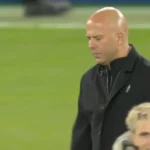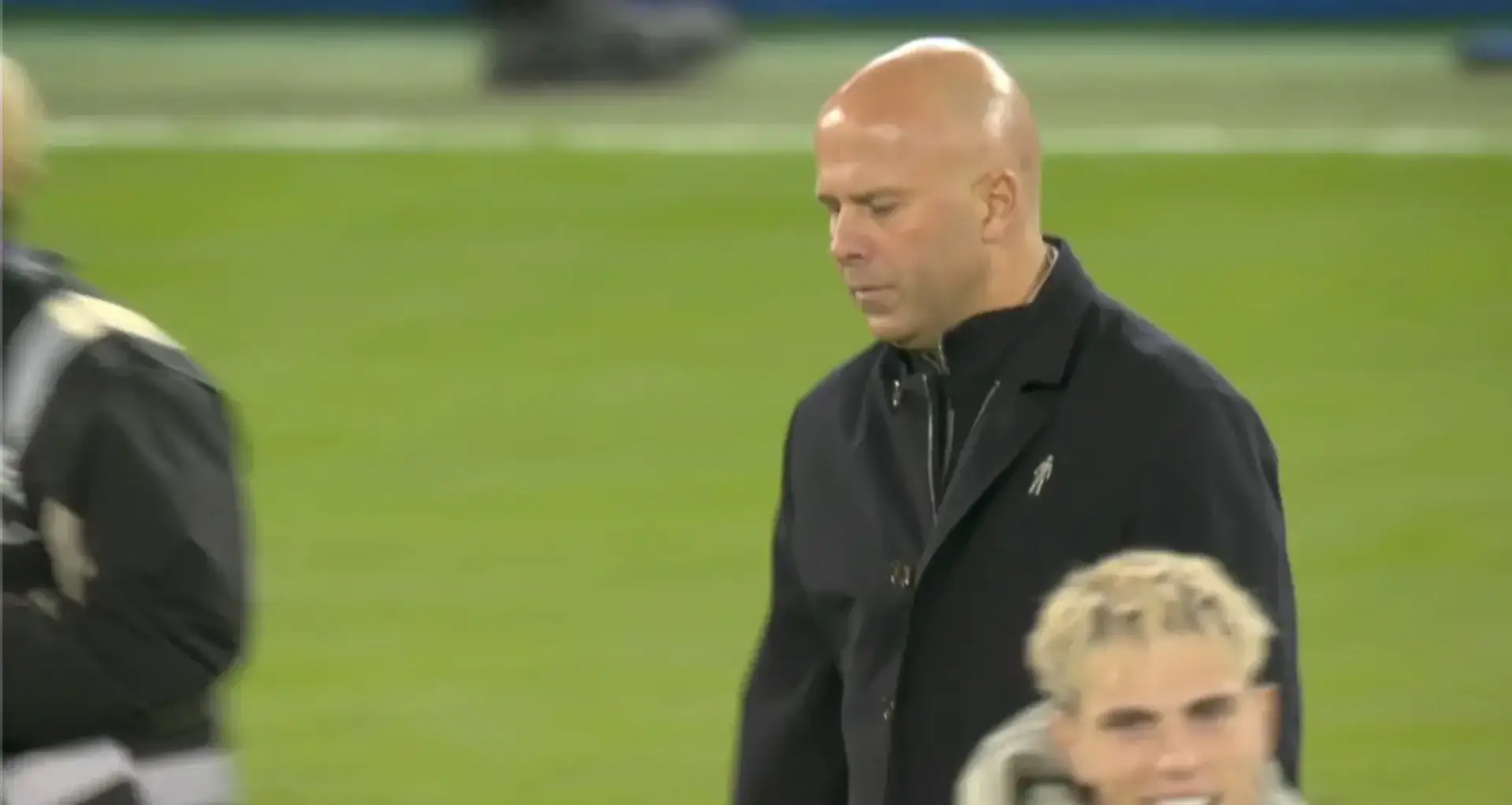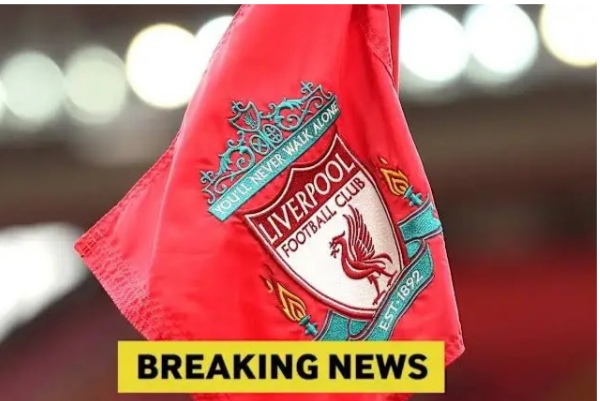A Manager Under Pressure
The pressure on Ruben Amorim has reached a critical point at Manchester United. Following a disappointing run of results and growing unrest both inside and outside Old Trafford, reports have emerged that the club’s leadership summoned the Portuguese coach for an urgent meeting. The directive from above was simple yet stark: abandon your system and adopt a 4-3-3 formation.
For a manager renowned for his tactical philosophy, such an order represents not only a shift in direction but also a blow to his authority. Sources suggest Amorim was left stunned by the request, underlining the strained relationship between the manager and his superiors. Even more telling, several club officials now believe it is no longer a question of whether Amorim will be sacked — but when.
The Importance of Amorim’s System
Since arriving at Manchester United, Amorim has sought to implement the tactical approach that brought him success at Sporting Lisbon. His preferred setup — often a variation of a 3-4-3 or 3-4-2-1 — emphasizes wing-backs, controlled possession, and vertical movement through midfield. It’s a philosophy designed to create width, stretch opponents, and allow attacking players the freedom to flourish.
At Sporting, it transformed the club into champions and reestablished Amorim’s reputation as one of Europe’s brightest young coaches. At United, however, it has faltered. Injuries, an imbalanced squad, and inconsistent performances have left the system looking fragile. Players appear uncomfortable in unfamiliar roles, and the defensive vulnerabilities have been repeatedly exposed.
The board’s directive to move to a 4-3-3 reflects their lack of faith in Amorim’s methods working with the current squad. For them, a traditional setup feels safer, more familiar, and perhaps more aligned with the players they have at their disposal.
Why 4-3-3?
The choice of a 4-3-3 formation is significant. Historically, United have enjoyed some of their most successful spells under managers who favoured four defenders, a solid midfield trio, and wide forwards. The system is seen as balanced, offering defensive security while maintaining attacking options.
For players like Bruno Fernandes and Kobbie Mainoo, the 4-3-3 could provide a more natural platform. Fernandes would be free to operate as the most advanced midfielder, while Mainoo could focus on ball progression rather than being burdened with heavy defensive duties. A specialist holding midfielder — something United still lack — would, in theory, complete the structure.
But forcing Amorim into this framework raises questions. If the manager is compelled to abandon his own philosophy, does he remain the author of the team’s identity, or merely a caretaker carrying out orders?
A Blow to Authority
Managers live and die by their systems. For Amorim, being told to scrap his own tactical blueprint undermines the very basis on which he was hired. It suggests that the club hierarchy no longer trusts his judgment, which in turn affects how the players view him.
If the board are dictating formations, what authority does Amorim retain in the dressing room? Footballers are quick to sense weakness. A manager who no longer commands the full backing of his employers is a manager walking a tightrope. The whispers from within United that his sacking is “inevitable” only reinforce this perception.
Lessons From the Past
Manchester United have been here before. Under Ole Gunnar Solskjaer, tactical confusion and boardroom indecision led to inconsistent performances. Under Erik ten Hag, disputes over transfers and style contributed to his downfall. The club has developed a reputation for lacking patience and clarity, and the latest developments with Amorim fit that same pattern.
Rather than committing to a long-term vision, United appear caught between respecting a manager’s philosophy and demanding short-term fixes. For a club trying to rebuild its identity in the post-Sir Alex Ferguson era, this approach risks prolonging the cycle of failure.
The Sacking Question
That officials are already debating the timing, not the possibility, of Amorim’s sacking is telling. United’s results have been poor, performances flat, and fan frustration increasingly vocal. The board may see a forced shift to 4-3-3 as a final test: can Amorim deliver improvement if given a structure they believe suits the squad better?
If the results don’t change quickly, however, Amorim will almost certainly pay the price. His tenure could be remembered less for bold innovation and more for being overpowered by club politics.
The Bruno Fernandes Factor
At the heart of this tactical tug-of-war lies Bruno Fernandes. The Portuguese playmaker is central to United’s ambitions but has often struggled in systems that require too much defensive discipline. The 4-3-3 would allow him to play higher up the pitch, potentially solving one of United’s creative issues.
But if Fernandes thrives only in a formation imposed by the board, it creates an awkward scenario: the team’s style of play is being shaped not by the manager but by the perceived needs of its captain. That imbalance could further destabilize Amorim’s standing.
What Next for Manchester United?
If the reports are accurate, United’s leadership have made their stance clear: adapt or prepare to be replaced. The tactical mandate is both a warning and an ultimatum. For Amorim, the challenge now is to somehow make the 4-3-3 work quickly, even if it goes against his natural instincts.
Yet, even success with this imposed system may not save him. Once a board begins directing a manager’s tactical choices, trust is already broken. The narrative of inevitability surrounding his dismissal suggests that Amorim is on borrowed time, regardless of results in the short term.
Conclusion
Ruben Amorim was brought to Manchester United as a manager with a clear philosophy and a track record of success. Now, he finds himself stripped of that freedom, ordered to abandon his vision in favour of a more traditional 4-3-3. For a coach of his profile, it is a humiliating position — one that diminishes his authority in the eyes of players, fans, and rivals.







